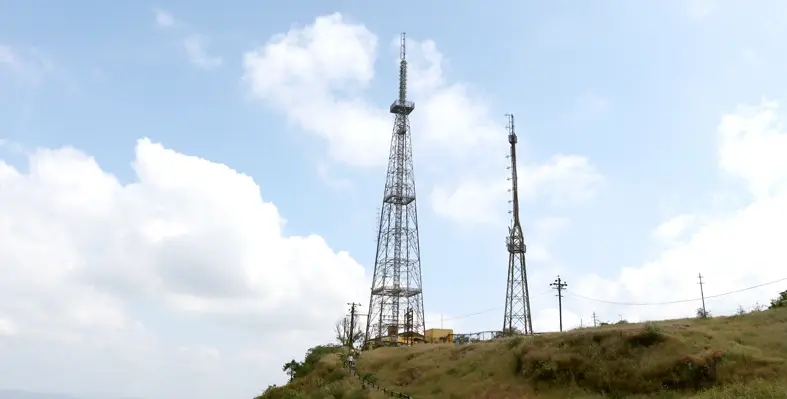Airtel’s Nigerian subsidiary has announced a major initiative to cut back on its diesel usage. This step aims to reduce the company’s carbon footprint while lowering operational expenses linked to diesel consumption at its facilities.
"Let me clarify that we spend N28 billion on diesel alone every month. And our sites across the country guzzle over 22 million litres of diesel every month. We spend this huge amount to ensure that there is no downtime at any of our sites across the country,” stated Femi Adediran, Airtel Nigeria’s chief communications officer.
To tackle this, the telecom operator has decided to implement a hybrid energy system that combines solar power with access to the electricity grid.
“To maintain our service and provide our valued customers with transparent offers, we are now using solar energy and other renewable energy sources to power our more than 15,000 base stations,” Adediran added.
This transition to cleaner energy is part of a broader sustainability effort, ensuring more reliable energy for its operations amid escalating diesel prices. In March 2023, the Nigerian Communications Commission (NCC) urged mobile network operators to shift from fossil fuels to renewable energy sources.
According to a report released by the company in September last year, Airtel's revenue in Nigeria saw a 23% increase, fueled by the expansion of voice, data, and mobile money usage.
Furthermore, Airtel Africa's customer base in Nigeria grew by 7.8%, reaching 59.8 million, while its mobile money user base rose by 19%, hitting 36.5 million.
This growth occurred despite significant challenges, including the devaluation of the naira and high diesel costs.
"Despite the challenges of rising diesel prices in Nigeria, we aim to limit the impact with continued operational leverage and further cost efficiencies to deliver an improved EBITDA margin in FY’24 versus FY’23,” stated Olusegun Ogunsanya, the group CEO of Airtel Africa, at the time.






















